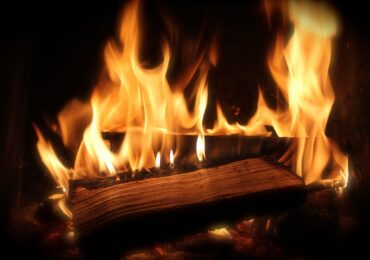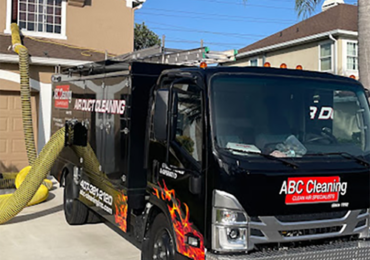Chimney Fire Precautions: Protecting Your Home from Dangerous Fires
Chimney fire precautions are essential for ensuring your home and family stay safe. A neglected chimney can lead to dangerous creosote buildup, which is the leading cause of chimney fires. By understanding proper maintenance techniques and implementing safety measures, you can reduce risks and keep your chimney functioning efficiently.
Why Chimney Fire Precautions Are Critical
Chimneys play a vital role in venting harmful gases and smoke from your fireplace or wood stove. Without regular maintenance, debris like creosote can accumulate, increasing the risk of fire. Adopting effective chimney fire precautions is the best way to ensure a safe and cozy home.
What Causes Chimney Fires?
Chimney fires occur when flammable materials like creosote ignite inside the chimney. These fires can burn at extremely high temperatures, causing damage to the chimney lining and potentially spreading to the rest of the home.
Creosote and Its Dangers
Creosote is a sticky, tar-like substance that builds up as a byproduct of burning wood. It can appear flaky, drippy, or hardened. All forms of creosote are highly combustible, and a significant buildup creates the perfect conditions for a fire.
Chimney Fire Precautions to Prevent Creosote Buildup
Taking preventative steps can help reduce creosote accumulation and lower the risk of chimney fires.
Burn Seasoned Wood Only
Unseasoned wood contains moisture that produces cooler smoke, leading to increased creosote buildup. Opt for seasoned wood to reduce this risk.
Maintain Proper Airflow
Restricted airflow increases the likelihood of creosote formation. Ensure that dampers and air inlets are fully open when using your fireplace or wood stove.
Schedule Annual Inspections
The Chimney Safety Institute of America (CSIA) recommends annual inspections by a certified chimney sweep. These inspections identify potential hazards and address them before they escalate.
Fireplace Safety Measures
Adopting good fireplace safety habits is another crucial aspect of chimney fire precautions.
- Use a glass or metal screen to prevent embers from escaping the fireplace.
- Avoid burning paper or other non-wood materials.
- Extinguish the fire completely before leaving your home or going to sleep.
- Store ashes in a metal container placed outside and away from your home.
Recognizing the Signs of a Chimney Fire
A chimney fire may not always be obvious. However, there are some telltale signs:
- Loud cracking or popping noises coming from the chimney.
- Dense smoke or an intense, hot smell.
- Flames visible at the chimney top.
If you suspect a chimney fire, evacuate your home immediately and call emergency services.
Professional Chimney Maintenance: A Key Precaution
Professional chimney maintenance is essential for keeping your fireplace safe and efficient. Regular cleanings remove dangerous creosote and blockages, while inspections can identify structural issues.
Benefits of Professional Maintenance
- Fire Prevention: Clean chimneys don’t catch fire.
- Improved Air Quality: Prevent smoke and harmful gases from backdrafting into your home.
- System Longevity: Well-maintained chimneys last longer and require fewer repairs.
Fun Fact About Chimneys
Did you know? According to the U.S. Fire Administration, nearly 25,000 chimney fires occur annually, causing over $125 million in property damage.
Choose ABC Cleaning, Inc. for Chimney Fire Precautions
At ABC Cleaning, Inc., we specialize in chimney inspections and cleaning to ensure your home stays safe. As Central Florida’s trusted provider, we use state-of-the-art equipment to remove creosote and debris, giving you peace of mind every time you use your fireplace.
Learn more: NFPA Chimney Safety Resources
ABC Cleaning, Inc. | Air Duct Cleaning Orlando
Serving Central Florida since 1992, ABC Cleaning, Inc. has been the acknowledged leader in air duct cleaning, chimney cleaning, and dryer vent cleaning. We’re NADCA certified, we consistently invest in and have the most modern equipment, and utilize the latest technology available with the best-trained service technicians in all of Orlando. If you need help deciding whether to replace or repair faulty ducts, please contact us at ABC. We provide quality HVAC service throughout Orlando and the surrounding communities.



